
Health systems need to think about delivering care outside of the hospital.

Health systems need to think about delivering care outside of the hospital.
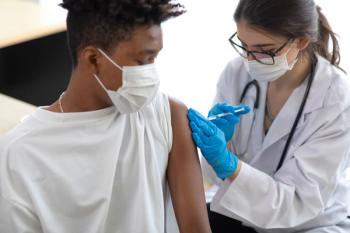
Some health systems have partnered with other community organizations and made a significant difference.
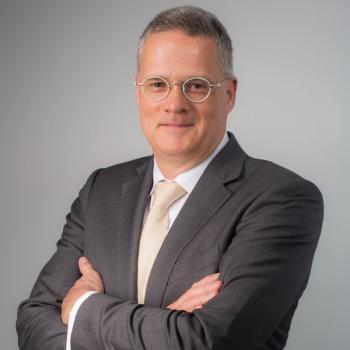
As ECRI releases its annual report on the top threats to patient safety, the organization’s leader urges hospital executives to put a higher priority on reducing preventable mistakes.

The organization examined thousands of hospitals but only a select group took prizes in patient safety and the patient experience. Four problems make up the bulk of safety events, the study found.

Healthgrades has announced its recipients of patient safety awards, and Brad Bowman talks about the importance of focusing on critical problems.

An Epic analysis shows in most telehealth visits for primary care, patients did not need to see their doctor in person. Danessa Sandmann of Epic Research talks about the study and its implications.
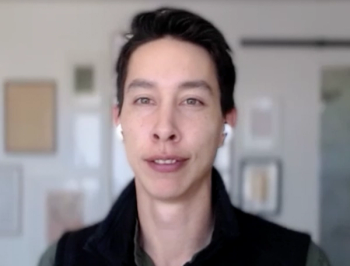
Justin teaches about digital health at Stanford Medicine and is a partner at GSR Ventures. He talks about the potential of ChatGPT, the ethical questions, and how AI will transform the industry.

Automation is becoming a major player in healthcare revenue cycle management, with the potential to streamline processes and improve efficiency.

During an AMA webinar, healthcare leaders outlined ways to help doctors. Nearly two-thirds of physicians say they experience burnout.
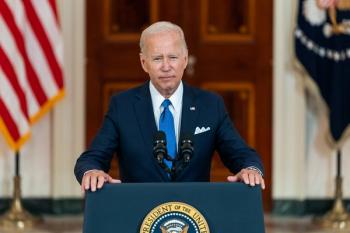
The president's spending plan will face partisan opposition. However, he is offering boosts for health programs that are popular on both sides of the aisle.
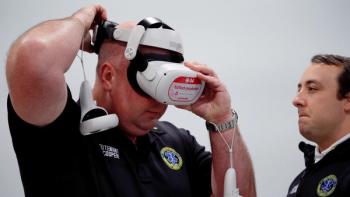
Nicholas Kman, a professor at Ohio State College of Medicine, talks with Chief Healthcare Executive about using VR to prepare first responders.

While some delayed exams in the height of the COVID-19 pandemic, an Epic Research study finds no increase in cancer cases. Christopher Alban of Epic talks about the study, and the need for more investigation.

Ankoor Shah of Accenture talks with Chief Healthcare Executive about the need for better data, and why technology is a key element in closing disparities.

The two systems said they are exploring a partnership. If they come together, the merged organization would operate more than 40 hospitals.

In the latest episode, Ajay Khanna explains how healthcare organizations can use artificial intelligence to gain new insights into their business.

Many digital health solutions can play a key role in helping support the long-term financial health of hospitals.

The retailer is adding 28 new locations in Texas, Arizona and Missouri. It comes as other retailers are getting into healthcare delivery.

The DEA is proposing more restrictions on remote prescriptions on some medications for mental health and substance use. Critics say the plan could make it harder for patients to get what they need.

At a forum hosted by Northwell Health, health leaders, advocacy groups, and elected officials said hospitals and health systems must take a greater role on this public health threat.
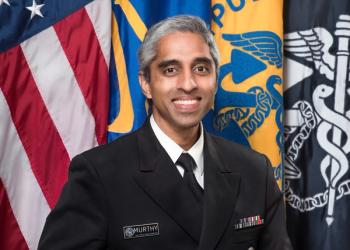
During a forum at Northwell Health, Vivek Murthy said healthcare leaders have a big role to play. He also urged them to help clinicians have conversations with patients.

Greater interoperability offers the potential to transform healthcare, but federal officials have received hundreds of complaints about blocking. The government has yet to unveil penalties.

A solid majority said they would feel uncomfortable if doctors were relying on artificial intelligence for a diagnosis. Some see the potential for greater health equity.
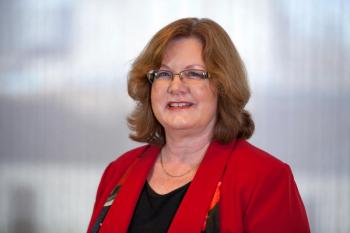
Yes, nurses are seeking better compensation, but nurses are more concerned about staffing levels and a safe environment, says Anne Dabrow Woods of Wolters Kluwer.

Kevin Olson is the chief information officer of Jupiter Medical Center, one of south Florida's top hospitals. He talks about digital transformation, cybersecurity and helping patients.

Within two years, it is expected that more than 70 million U.S. patients will benefit from remote patient monitoring. Yet some misunderstandings persist.